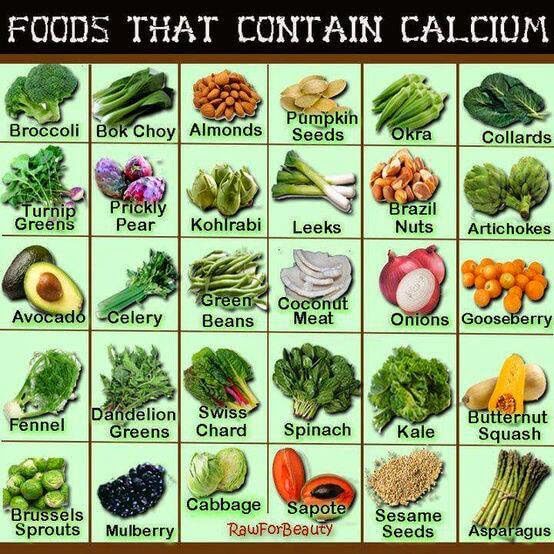
One of the most common complaints about becoming vegan is the lack of nutrients that would otherwise be found abundantly in animal products.
This is not limited only to protein, but a large range of vital vitamins that the body requires to function normally – which are the same nutrients that many believe are difficult to come by while eating a completely plant-based diet.
The fact of the matter is that a vegan can live a completely healthy lifestyle, getting all the nutrients they need without turning to supplements or nutrient injections to keep themselves in good shape; it’s all about knowing which foods provide the right nutrients.
1. Omega-3
Omega-3 fatty acid are incredibly important for maintaining skin, brain, heart, and joint health. It also helps tremendously with mental function, and is necessary for taking on intensive tasks, such as work projects or gambling online NZ.
There’s a general belief that the only real source of Omega-3 naturally is through the consumption of fish, but there are other ways of getting the necessary amount of Omega-3 without the cholesterol and toxins that are commonly found in today’s fish meat.
Flaxseed, canola oil, and walnuts all contain Omega-3 ALA, along with pasta and basil. A common supplement is pill that contains Omega-3 derived from algae.
2. Calcium
It’s long been believed that dairy products, especially milk, are the best way of getting calcium into our bodies, which is an incredibly important nutrient for bone health and density.
But milk is far from the only source of calcium available on the market. Sesame tahini, almonds, collard greens, broccoli, beans, and kale are all excellent ways of getting the calcium you need without being forced to turn to dairy, which causes an extensive set of problems for our health over time.
3. Vitamin B12
Vitamin B12 is a vital, complete vitamin that we require in order to maintain our mental health, along with a range of other benefits.
Researchers have found that B12 deficiencies are becoming more prevalent in the modern world as processed foods and our high consumption of antibiotics have killed off the naturally-occurring bacteria that would normally provide the daily B12 that we need every day.
Although there is a belief that animal products have B12, the fact of the matter is that the vitamin is almost always supplied inorganically to meat, and experts agree that everyone should be taking B12 supplements, regardless of their diet.
IT can also be found in some cereals, fortified soy, rice milks, and fortified nutritional yeast.
4. Vitamin D
Vitamin D is similar to B12 in that hundreds of millions of people around the world are severely deficient in it, despite it being one of the few that our bodies can produce naturally.
The most efficient way of getting more Vitamin D is by getting at least 15 minutes of direct sunshine every day.
Some foods also contain Vitamin D, such as fortified orange juice, mushrooms, and the various tofu-based foods that can be found at the shops.
